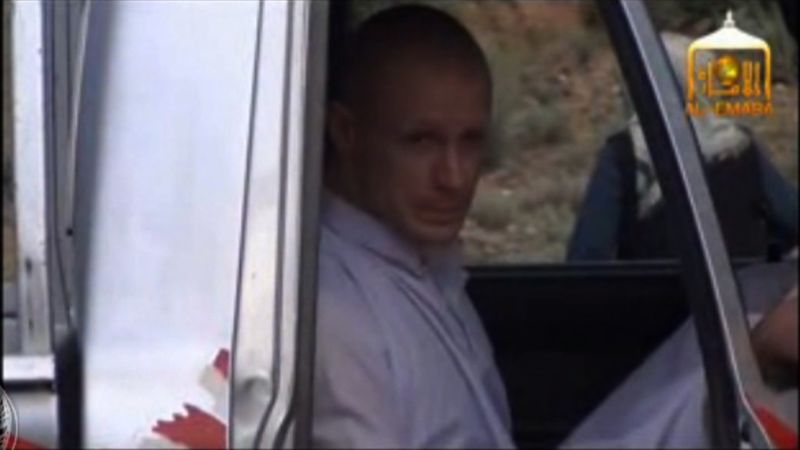
Negotiating with terrorists the hostage case manuals#
Terrorist manuals from countries such as Saudi Arabia and Iraq reveal that terrorist organizations are very closely observing and analyzing the lessons learned from these two incidents, suggesting that we are likely to see this type of new terrorist hostage taking involving large numbers of suicide fighters and executions of hostages at some point in the future. The main focus of this book is on the detailed reconstruction and analysis of the two most high-profile cases in recent years, the Moscow theater and the Beslan school hostage crises, with a clear purpose of drawing lessons for hostage negotiation strategies in the future. Further, many of the paradigms and presumptions upon which the contemporary practice of crisis negotiation is based do not reflect the reality of the new terrorists. This is especially true with regard to the terrorists of the new breed, who have become less discriminate, more lethal, and more willing to execute hostages and die during the incident. Further, the entire training program of most hostage negotiators focuses on resolving crises that do not take into consideration issues such as ideology, religion, or the differing sets of strategic objectives and mindsets of ideological hostage takers. While there are many trained crisis negotiators around the world, almost none of them has ever had contact with a terrorist hostage-taking incident. What lessons can be learned from past deadly incidents so that crisis negotiators and decision makers can act with greater effectiveness in the future? What are the lessons the terrorists are learning and how will they affect the dynamics of future incidents? What can we learn about the terrorist threat, and about preventing the escalation of future terrorist hostage-taking situations? The Resolution: Sometimes our success is bittersweet- we will discuss the good and bad side of a resolution.This book is about the role of negotiation in resolving terrorist barricade hostage crises. Suicide Intervention: Can you talk a person into committing suicide? The truth and the myths about suicide will be discussed. The cases we will review are a diverse sampling of the instructor’s experiences and other incidents from across the nation. Can we negotiate with TERRORISTS?Ĭase Studies: Each and every hostage and crisis situation is different. An understanding of the ideology and culture of terrorists. Can we negotiate with a terrorist? We will discuss the different methods of negotiating with a terrorist. Terrorism and the Negotiator: In today’s world the chances are higher than ever of the possibility of a terrorist involved hostage incident. Students will learn the three most common types of suspects that are involved in hostage/barricade incidents. Identifying the mental or personality disorder and dealing with it in a crisis situation. Psychology of Negotiations: In this segment, students will discuss in layman’s terms the mental and personality disorders that are prevalent during crisis situations. Both conversational speaking and listening will be discussed. In today’s world the negotiator has to be aware of how social media works and how it can help and hurt negotiationsĬommunication Skills: The student will be given an in-depth overview of communication skills. Negotiation Operation Command (NOC) and Tactical Operation Command (TOC) – what are they and how do they function with each other during a SWAT incident. Negotiation strategies will also be discussed. (This structure works for small and large agencies alike)īasics of Negotiating: The function and duties of each team member, including command personnel, will be explained and discussed.

Team Structure: The structuring of a crisis negotiation team and the importance of command personnel, as well as command personnel’s understanding and support will be discussed.

The student will learn the value of negotiators in deploying the tactical option.

Tactical Use of Negotiators: The role of the negotiator is misunderstood in many tactical circles. The students will learn the ‘why’ of negotiating and the numerous ways that a Crisis Negotiation Team should be utilized. Introduction to Crisis Negotiations: This session will examine the roots of Hostage / Crisis Negotiations. Who Should Attend: Chiefs, Sheriffs, Street Patrol Officers, First Responders, Jail Corrections Officers, Prison Personnel, Drug – Narcotic Officers, Emergency Response Teams and any agency contemplating the structuring of a Cri- sis Negotiation / Response Team or Crisis Intervention Team. This session will examine the roots of Hostage / Crisis Negotiations.


 0 kommentar(er)
0 kommentar(er)
